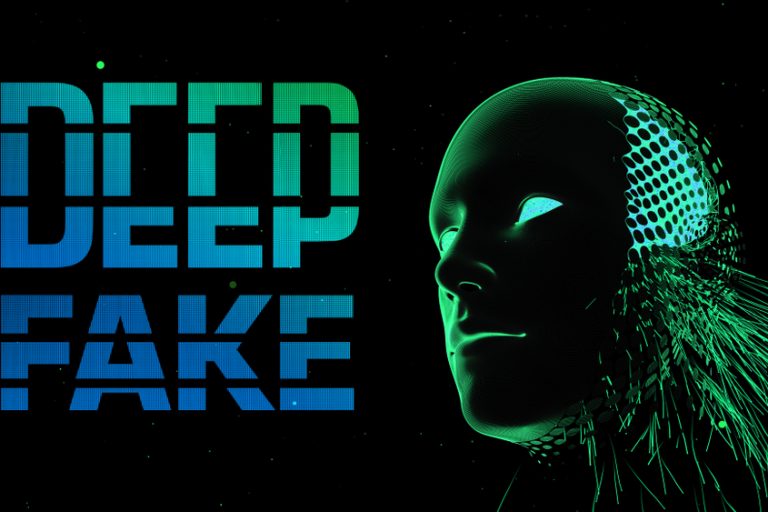Financial Services

Makovsky
Thursday, August 1, 2019As Wall Street Recovers, Its Reputation Remains Fragile
Wall Street has rebounded significantly since the 2008 financial crisis, but its brand is still fragile in the eyes of investors.
The 2019 Makovsky Wall Street Reputation Study analyzed investor sentiment around financial institutions, how they communicate with their customers and serve their needs. While the results showed many areas of harmony and connection between banks and their consumers, we also found plenty of room for improvement.
In this iteration of the report, the sixth of its kind, we asked consumers to rate their level of trust in financial institutions, their advisors, how their privacy was being safeguarded, and whether they felt the media accurately reported the financial news.
For context, business and commerce have changed drastically since the crisis in a number of ways.
For example, robo-advisors were just lines of code at the beginning of 2008. Today, they manage over $200 billion dollars.
In October of the same year, an anonymous person (or group) named Satoshi Nakamoto published an online paper titled “Bitcoin: A Peer-toPeer Electronic Cash System.” That humble title gave rise to the world’s first cryptocurrency, which, as of now, has over $100 billion in market capitalization.
Washington’s role on Wall Street also drastically changed following the crisis, as Dodd-Frank overhauled the financial regulatory system.
The way consumers have responded to these changes is complex. Financial institutions did particularly well in our study around data and privacy. Over half of respondents say they trust their financial institutions to take necessary protective measures against cyber theft.
But not all financial institutions were viewed the same. Local and regional banks are seen as more trustworthy than the larger bulge bracket banks with 64% of respondents reporting they prefer a local bank to Wall Street. New tech being rolled out by Wall Street, such as robo-advisors, did particularly poorly with 53% stating they do not trust them to provide unbiased financial advice.
These structural changes have made reputational risk tricky to navigate between Wall Street and the consumers it serves. While there have been remarkable advancements in investing, technology, and regulation since the financial crisis, Main Street remains skeptical.
The results in our study offer several interesting conclusions, but chief among them is that reputation—like assets—can dissolve overnight, even for seemingly unshakable institutions. Even in 2019, a good reputation cannot be taken for granted.
DOWNLOAD THE 2019 WALL STREET REPUTATION STUDY











